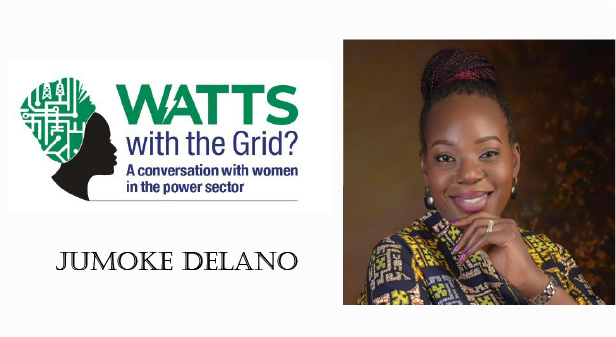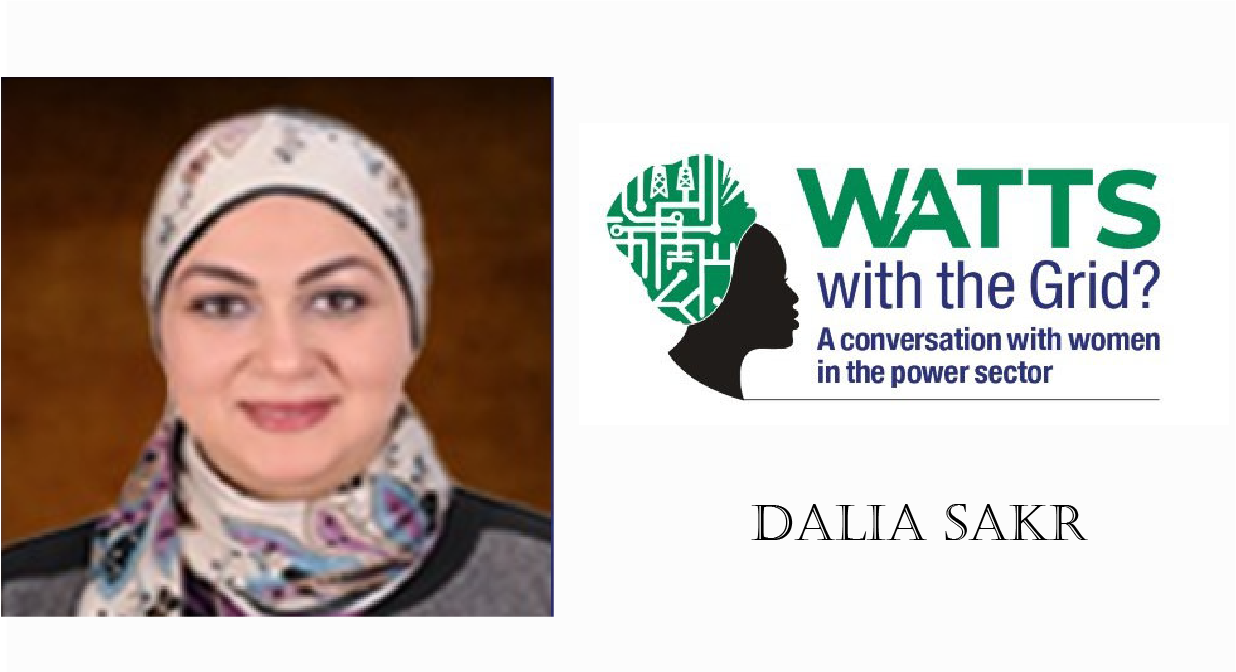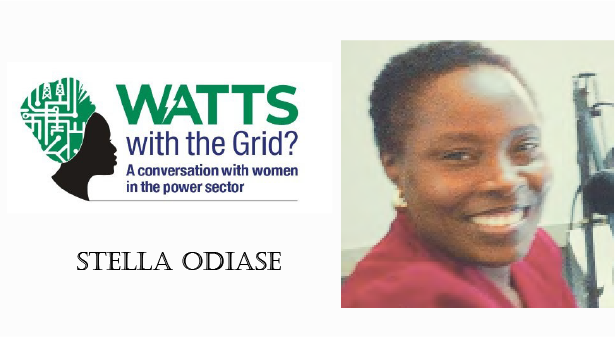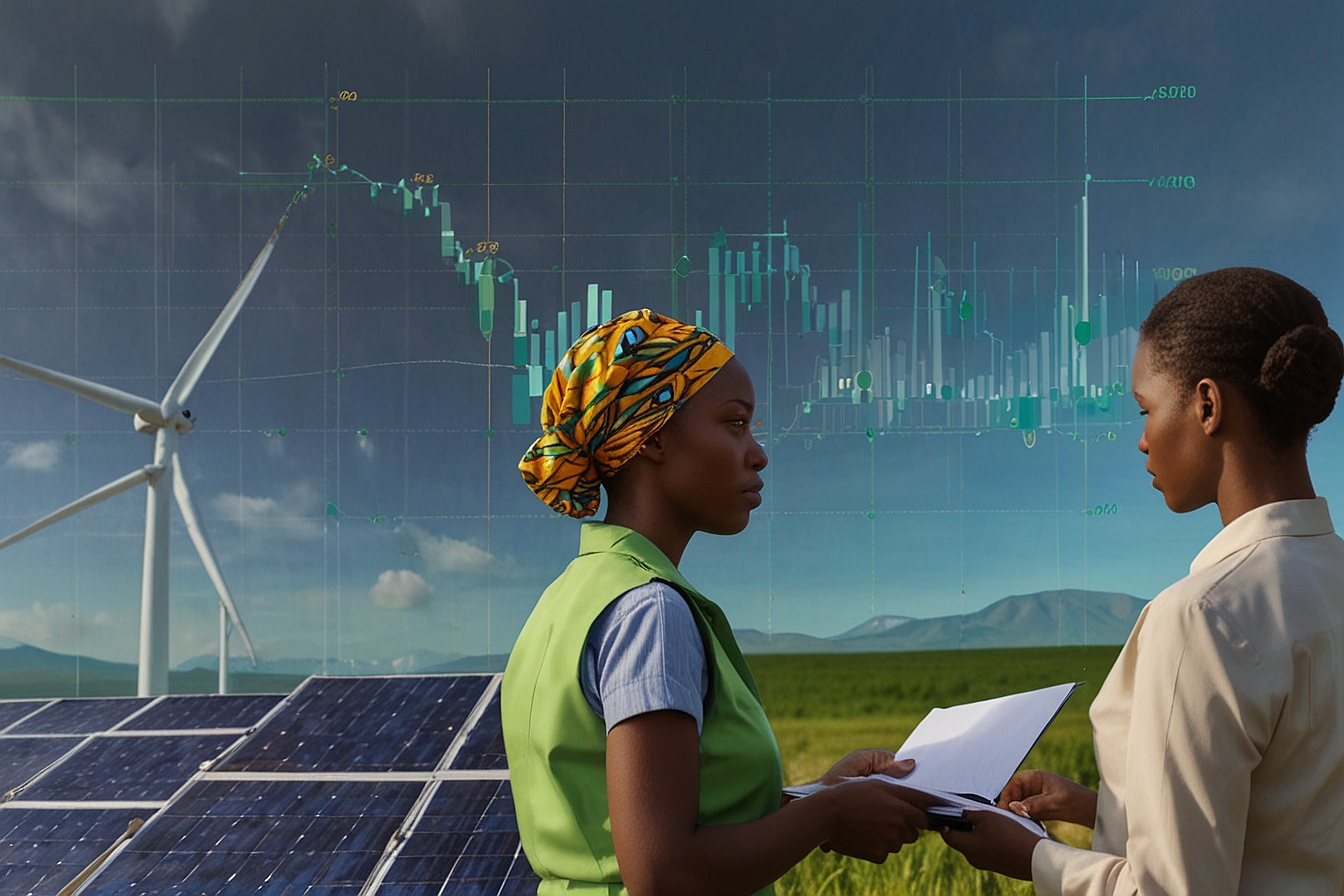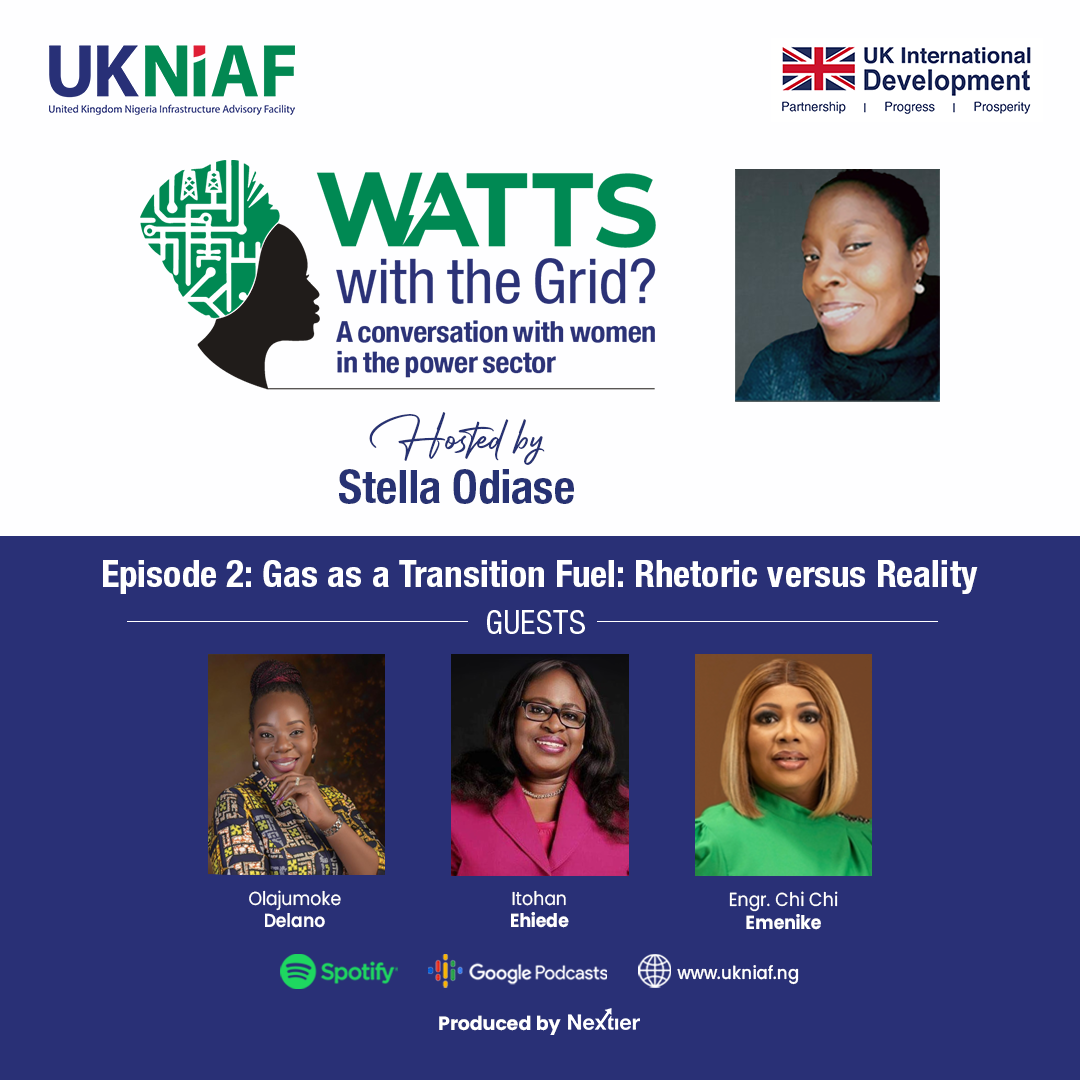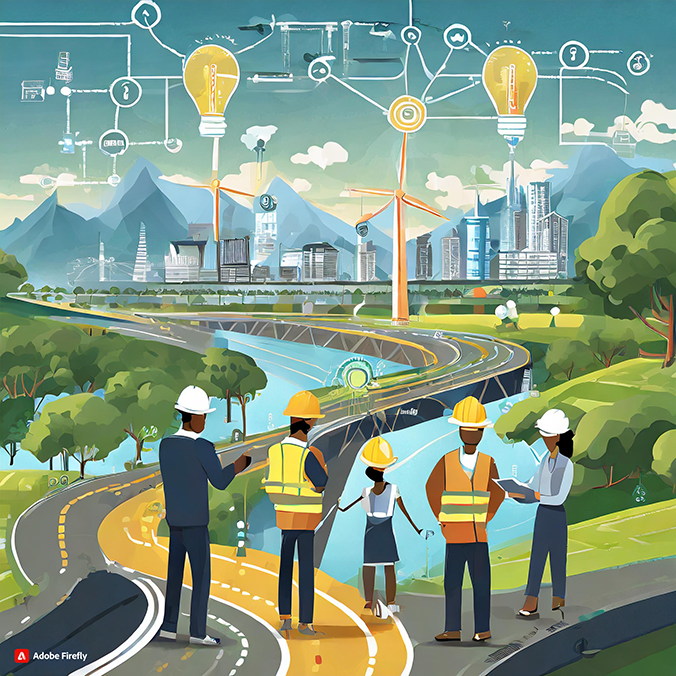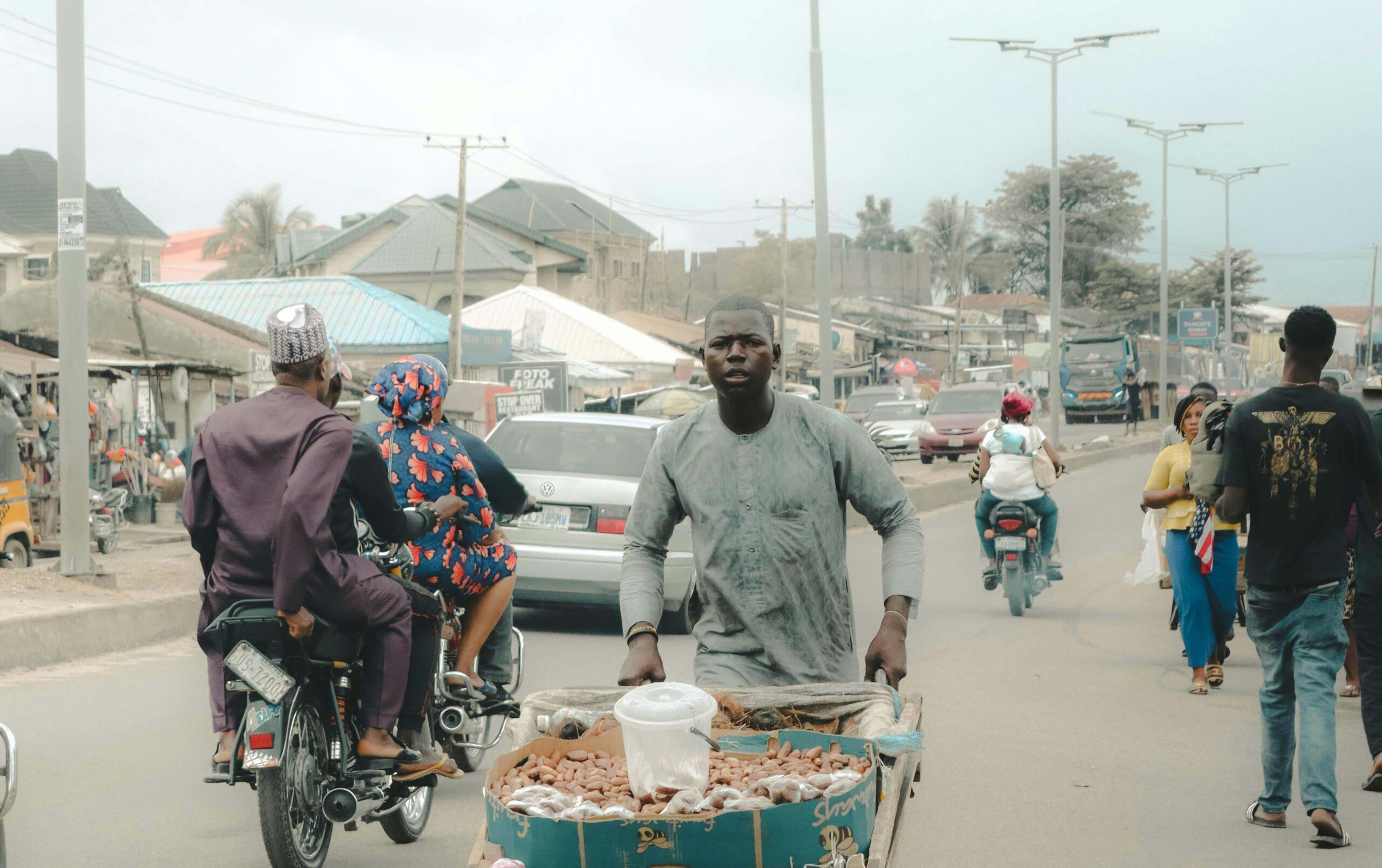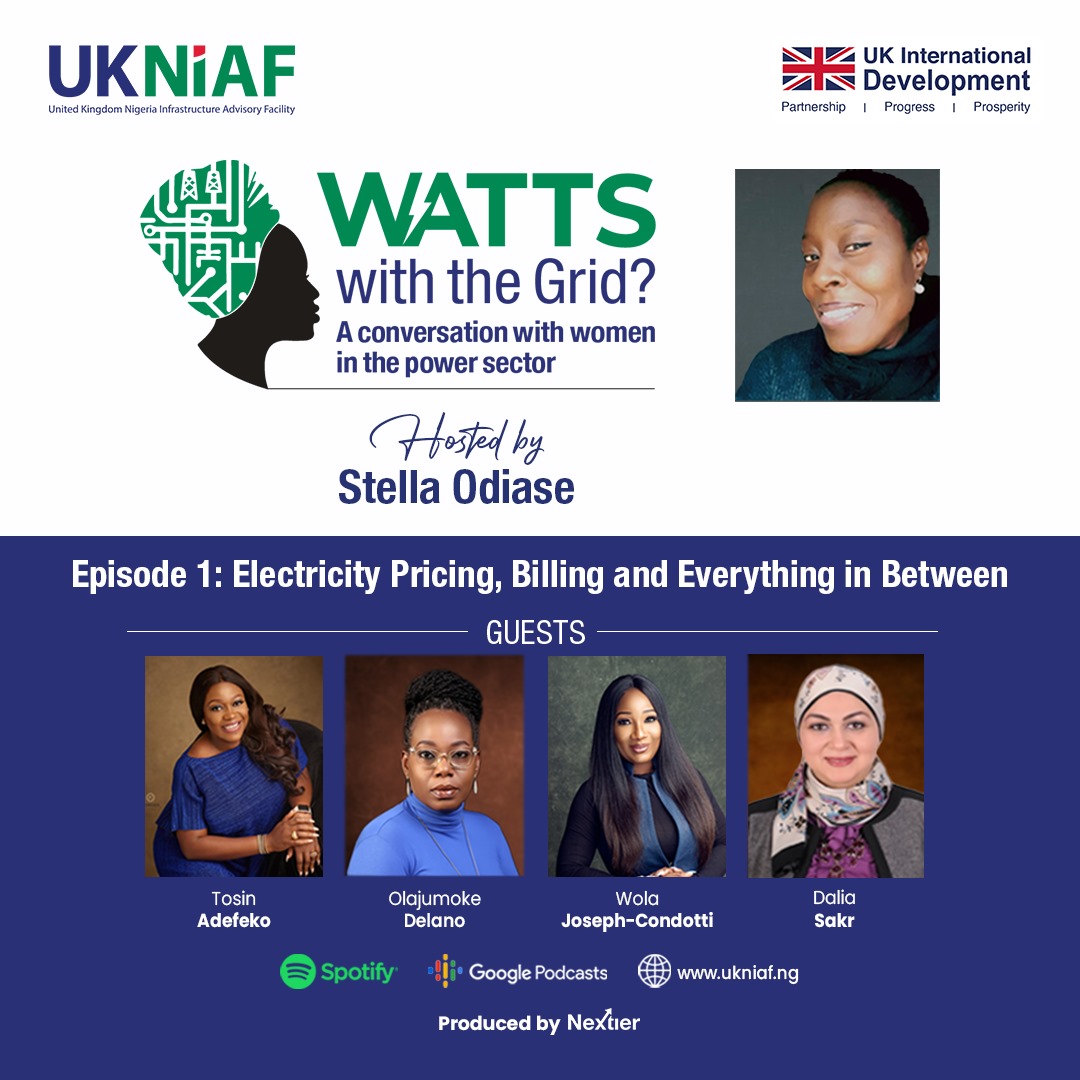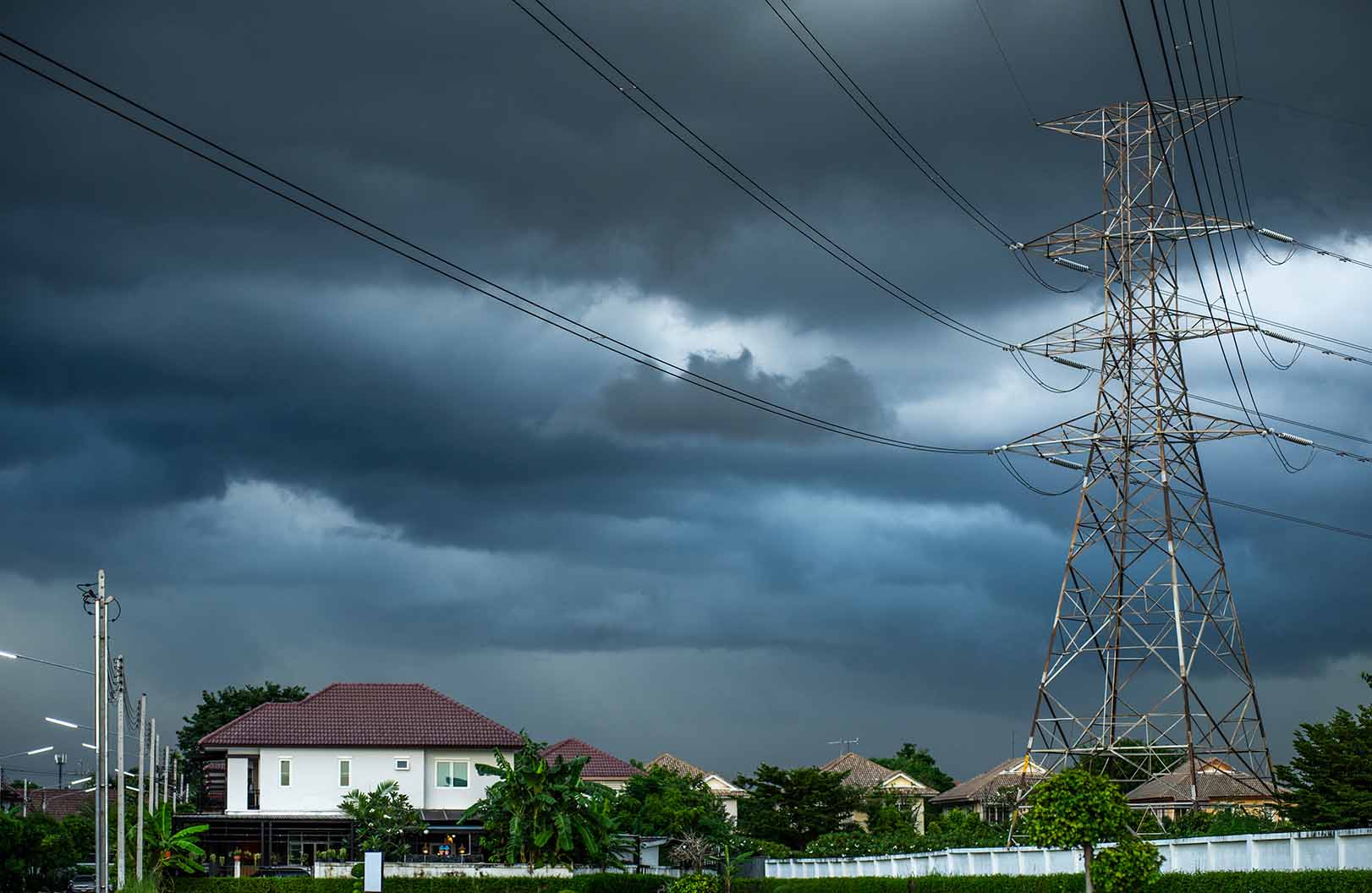Introduction
This document presents feedback from a set of stakeholder surveys, which were administered within Nigeria’s power sector between March and April 2022.
The surveys aimed to present the principles/thinking behind an IRP to stakeholders; gauge stakeholder perceptions around the usefulness of an IRP for Nigeria; as well as identify varying interests and areas of concern among different stakeholder groups. They include representatives from government ministries, transmission operators, distribution companies, generating companies, investors, donors, and small business owners including women entrepreneurs

Methodology
Structured as a set of exploratory surveys
Administered among different stakeholder groups, simultaneously, in-person and using survey monkey
- The exploratory survey methodology was adopted for this task because of its compatibility with both close-ended and open-ended questioning as well as its suitability for baseline analyses.
- Following a methodology meeting held between the UKNIAF team and the Federal Ministry of Power (FMoP), the survey instrument was developed, tested within the Ministry then modified. The final survey instrument was then administered to different stakeholder groups using a combination of in-person methods (Focus Groups) and a virtual platform (survey monkey).
- The surveys were administered concurrently across stakeholder groups with different members of the UKNIAF Task Order team coordinating respective stakeholder groups Respondents include stakeholders from the FMoP, the National Electricity Regulatory Commission (NERC), the System Operator and the Transmission Company of Nigeria (TCN), the Association of Nigeria Electricity Distributors, and Association of Power Generation Companies. Other respondents came from the Africa Development Bank, the World Bank and GiZ. To reach a mix of consumers, the survey was also administered to professional groups like the Nigerian Association of Engineers and one women-focused regional entrepreneurial hub (Solar Sister).
- Data was sorted and collated on an excel spread sheet and on a Power BI Dashboard. Data coding and analysis was carried out using NVivo.
Main Survey question:
Is there a need for a framework to attract investments in Nigeria’s power sector?
- 314 respondents (96%) feel that there is the need for a holistic, long term investment plan for the power sector while 14 respondents (4%) do not think so.
- A variety of reasons were given for supporting the need for this IRP
˗ Improving sector viability and driving revenue
˗ Addressing ATC&C losses
˗ Grid enhancement and modernization
˗ Diversifying the energy mix and improving energy efficiency - The 4% who did not agree were spread out across the operators (transmission), financiers and female small business owners.
- The reasons given by those who do not think another plan is necessary, include that there are far too many policies in existence already and that there are not enough institutional policy accountability mechanisms in place.
- Another point was that policy implementation is not typically collaborative enough which leads to a lack of broad stakeholder awareness and ownership. Eventually, this also causes a duplication of policies, policy failure and policy implementation gaps.
Yes, there is the need for an IRP in the power sector, however, stronger inter agency coordination arrangements are required for an IRP to work.
Other survey questions:
What are the main constraints within agencies in the sector?
156 respondents (48%) identified lack of stakeholder collaboration and coordination was identified as the main performance constraint among government agencies. This was confirmed by 30 (70%) out of the respondents from within government and 86 of the 138 (62%) operators who responded. This was followed by technical capacity and funding limitations.
What are the top 3 issues that need to be addressed in the power sector?
While this question requested respondents to tick the top 3 issues, it was also suggested that they indicate which of the other listed issues need to be prioritized.
The need for innovative technologies was the top issue with 193 responses (59% of total respondents).
This is significant because the surveys were administered at a time when the national grid had collapsed leading to a prolonged nationwide blackout. Despite this context, the issue of grid collapse ranked 3rd in terms of what needs to be prioritised.
Generally, there was a close margin between the need for technological innovation, fixing the tariff structure to attain cost reflectivity, and grid collapse. Renewables on the grid and the use of data for sector planning also had close respondent numbers while Demand (Customer) Side Management was ranked least.
Lack of coordination is perceived as the topmost policy performance constraint within the sector.
Technological innovation, fixing the Tarff structure and addressing grid collapse are suggested as the 3 topmost priorities.
Environmental governance and social sustainability
- A total of 294 respondents (90%) feel that it is important to align national climate change and decarbonization goals with power sector planning. Additional comments here indicate that getting renewables on the grid, maximizing the performance of existing hydro power plants as well as providing technical support to contextualise global and national climate change goals, are the 3 main areas of concern.
- 33 (respondents 10%) do not think there is a need for this alignment and 2 responses were blank. 29 of the 33 respondents (88%) who do not agree on the need to align with climate change goals, are sector operators, at transmission level. Based on the additional comments which they provided, the underlying fear appears to be that Nigeria has just one national grid and there have been no grid flexibility assessments to clarify in concrete, evidentiary terms exactly how much renewables the grid can take.
- Even though the ‘personal information’ section of the survey instrument included a requirement for participants to indicate whether they were male or female, 293 of the responses (89%) did not indicate whether they were male or female.
- Out of the 36 that indicated whether they were male or female, 4 were women (11%) while the rest were men. 2 of the women are policy makers while the other two are small business owners. This type of gender-specific disparity is consistent with the more generic reality within Nigeria’s power sector and across other sectors. Anecdotal evidence suggests that women tend to be more visible as policy makers and as actively engaged stakeholders within the social sector especially on policy issues that are considered ‘soft’. For instance, humanitarian affairs, health and education.
- The UKNIAF team was mindful of this reality from inception and did try to address this by requesting the government agencies to deliberately include their female staff as part of the respondents. The team also reached out to Solar Sister, a regional entrepreneurial hub comprising women who work in the solar energy space or run their businesses using only solar energy.
- In terms of responses from this survey, the female respondents appeared to lean in the same direction with their responses. For instance, they all alluded to the need to strengthen policy accountability mechanisms and the need to periodically assess policy performance. The need for energy affordability, and more renewable energy was a priority for all the female respondents. Also, they all indicated that the lack of inter sector collaboration is the topmost performance constraint for government agencies.
It is important to align climate goals with power sector plans but this needs to be done in a cautious and incremental manner.
There is the need to expand energy access through a more diverse generation mix, ensure energy efficiency, and ensure energy affordability.
Conclusion
- In general, it is clear what a broad framing of a Nigeria IRP might look like.
- However, the stakeholder surveys indicate the need for further stakeholder consultations to address some of the areas where there are misperceptions. The issue of environmental governance and social sustainability is one of the more misunderstood areas and needs to be clarified in ways that ease stakeholders into levels of comfort that will enable them own whatever IRP targets might be proposed in this area.
- It would be useful to structure the next round of consultations as issues focused and targeted at respective stakeholder groups, with customized expert presentations for policy clusters like the transmission stakeholders where there was slightly more of a pushback than other clusters within the electricity supply value chain.

